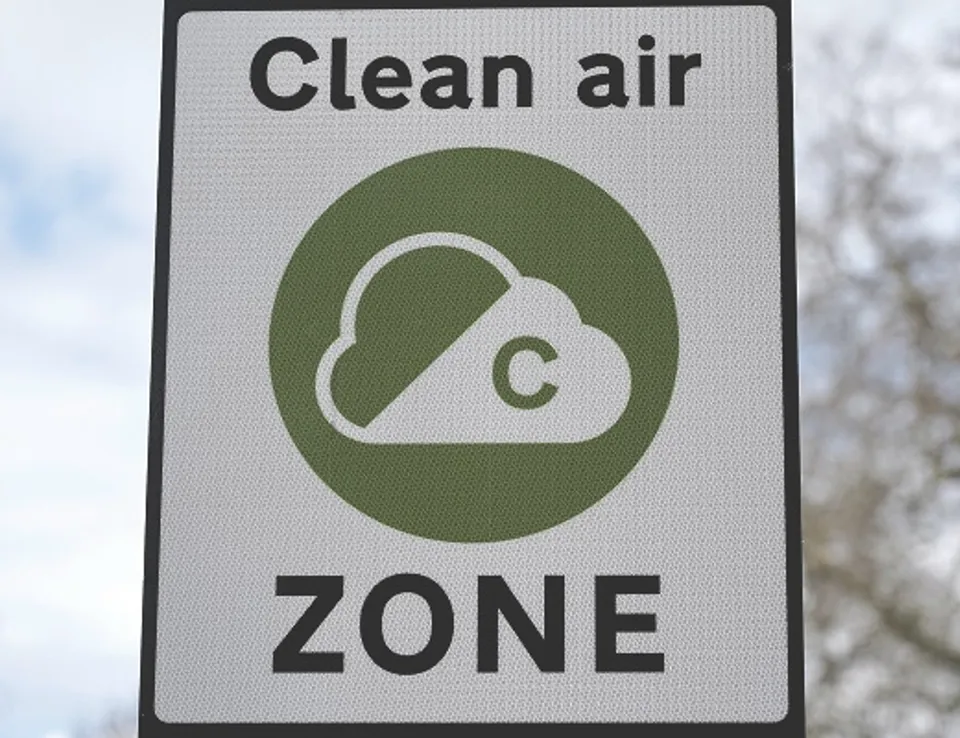Electric vehicles on the road to greener future
A Ricardo report shows that improvements in battery technology and end-of-life treatment will make battery electric vehicles (BEVs) even greener in the future.
The benefits of a typical new battery electric car is estimated to already reduce greenhouse gas (GHG) emissions over the entire life-cycle by around 65%, but this could increase to around 76% compared to a petrol equivalent operating in the UK by 2030.
The findings are contained in a new report prepared for the Department for Transport by Ricardo.
Nikolas Hill, an Associate Director and expert in vehicle technology and fuels within Ricardo’s sustainable transport team, said: “We are all aware of the operational environmental benefits of driving an electric car, but this study has provided further confirmation that those benefits are also significant in the UK when considering the full life of the vehicle from manufacturing to the end-of-life”
The effects of fuel consumption dominate the overall lifecycle impact for conventional petrol and diesel vehicles, including hybrids, currently accounting for more than 82% of GHG emissions for passenger cars and vans, and is significantly more for higher mileage heavy-duty vehicles.
The analysis also showed that while BEVs consistently perform better than all other powertrains for all road vehicle types, hydrogen fuel cell electric vehicle (FCEV) alternatives can also offer the opportunity to deliver large savings compared with conventional modes of transport. Such hydrogen-fuelled vehicles are seen as a particularly important option for longer distance road freight transport. By 2050 an FCEV could save 73% compared with a traditional articulated lorry. These GHG savings could potentially further increase to 86% for a battery electric lorry, subject to compatibility with operational constraints.
Mr Hill said: “The results confirm that the current strategy for increasing electrification of road transport is the right one to help us reduce emissions. As well as the potential for big savings with battery and hydrogen-powered vehicles, the benefits for health are also substantial. The pollutant emissions across the whole lifecycle of this new wave of cars are significantly lower.
“Our results support the UK Government’s strategy for phasing out conventional vehicles and making the shift to electric transport. This is the best approach to reduce emissions and contribute to the UK’s climate targets.”
The study also showed the additional net lifecycle benefits of manufacturing electric vehicles and their batteries in the UK, compared to other regions.
Transport Minister Trudy Harrison said: "It's fantastic to see the Government's move to power up the electric revolution is being backed by this ground-breaking analysis. We've already committed £2.5bn to support the rollout of EVs across the UK, cleaning up our air, boosting green jobs opportunities in our towns and villages, and improving convenience for drivers."
The report, Lifecycle Analysis of UK Road Vehicles, build’s directly upon the high-profile work Ricardo previously carried out on EU vehicles for the European Commission, which also used Ricardo’s bespoke Vehicle LCA Modelling framework.









